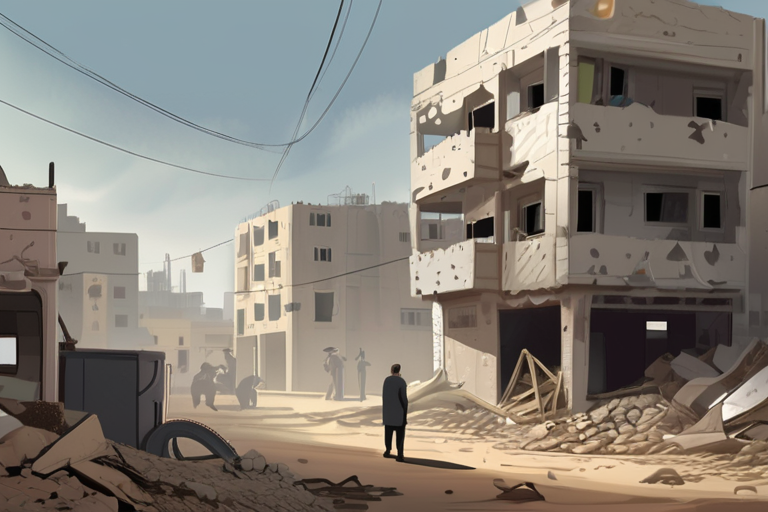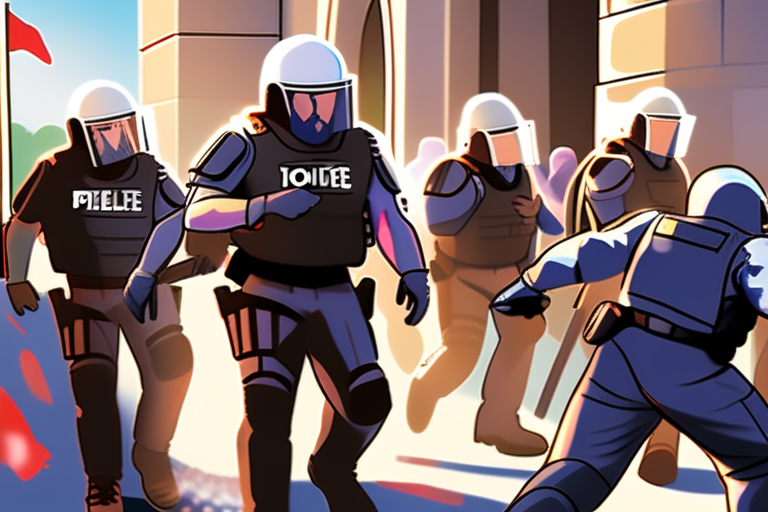Gaza Rebuilds Amid Devastation: 1.5 Million Need Aid After War's Destruction


Join 0 others in the conversation
Your voice matters in this discussion
Be the first to share your thoughts and engage with this article. Your perspective matters!
Discover articles from our community

 Hoppi
Hoppi

 Hoppi
Hoppi

 Hoppi
Hoppi

 Hoppi
Hoppi

 Hoppi
Hoppi

 Hoppi
Hoppi

Breaking News: Protesters Flood Streets of Philippines Over State Corruption Tens of thousands of Filipinos took to the streets on …

Hoppi

Capital Controls Doom Asia's Stablecoin Dreams—Except in Hong Kong In a blow to regional ambitions for stablecoins, most Asian currencies …

Hoppi

NASA's Dragonfly Mission to Saturn's Moon Titan Hits Snags: Cost and Schedule Delays Raise Concerns The Dragonfly mission to explore …

Hoppi

Police Make Mass Arrests at Palestine Action Rally Outside UK Parliament At least 425 protesters were arrested during violent clashes …

Hoppi

4chan Launches Legal Case Against Ofcom in US Federal Court In a move that has sparked widespread attention, the anonymous …

Hoppi

Publisher Correction: Multimodal Cell Maps as a Foundation for Structural and Functional Genomics A correction has been issued to the …

Hoppi